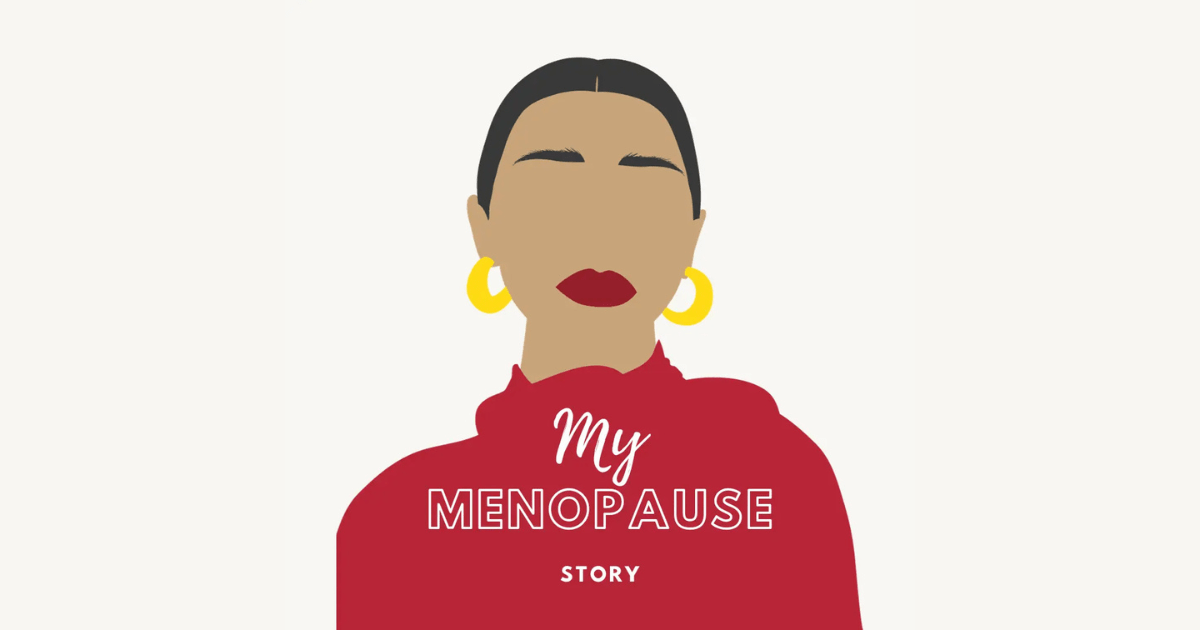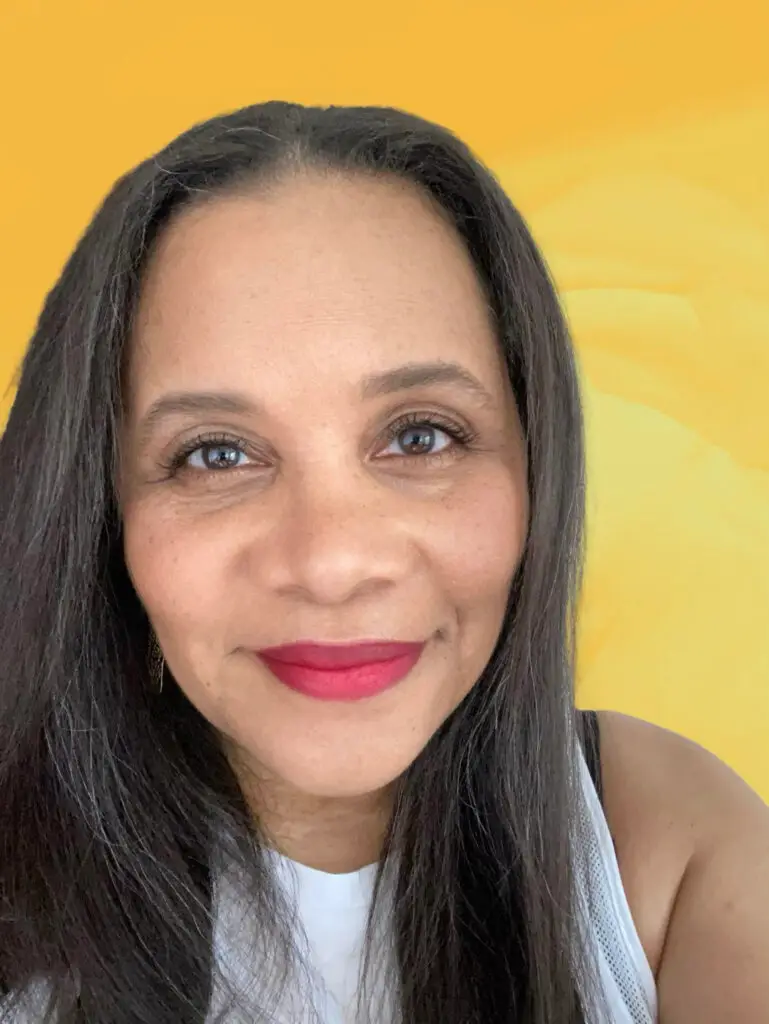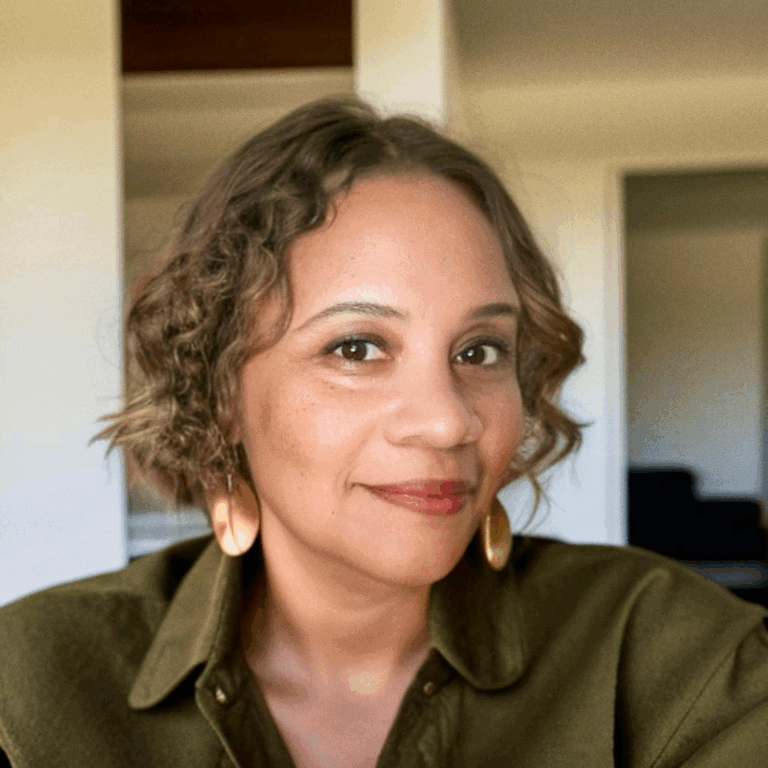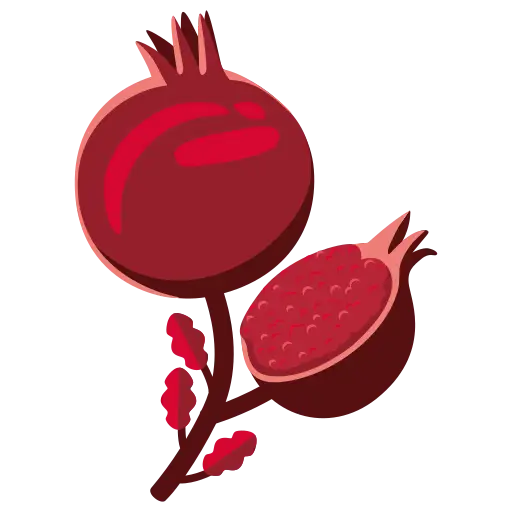“Do the best you can until you know better. Then when you know better, do better.”
Maya Angelou
This wisdom has quietly guided me through every stage of life, but never more so than during midlife. I’ve come to see myself as a continual work in progress—always learning, evolving, and striving for greater health, vitality, and balance. Today, I can say with confidence that I feel more vibrant, grounded, and fulfilled than ever before.
For women in midlife, this quote carries special meaning. As we move through shifting hormones, changing relationships, and new phases of purpose, it reminds us that growth doesn’t end—it deepens. We’re allowed to recalibrate as we learn more about what our bodies, hearts, and lives truly need. It’s a call to meet ourselves with compassion, to adapt without guilt, and to keep choosing what supports our wholeness.
Here is my story.
~Carla

Every October, I pause and tell this story again—not because it’s easy, but because silence around menopause has gone on for too long. Sharing our stories is how we break that silence, how we remind each other that what we’re going through is not strange or shameful, but deeply human.
My own journey didn’t begin with hot flashes. It began with a body that kept whispering, then shouting, that something was wrong. In my early 40s, I was diagnosed with uterine fibroids and ovarian cysts. The heavy bleeding, iron deficiency, and exhaustion that followed forced me to slow down, and eventually I had surgery to remove the fibroids. I thought that would be the end of it.
It wasn’t.
What My Menopause Transition Really Felt Like
Surgery doesn’t erase a lifetime of hormonal history. For me, poor estrogen metabolism and estrogen dominance had ruled much of my adult life. Their echoes showed up in new ways during perimenopause—mood swings, thinning hair, weight gain, cold intolerance, hypothyroidism, insulin resistance, and vaginal dryness. These were the shifts that pulled me into depression, and I coped by numbing myself with pizza. Intimacy felt distant. My body no longer felt like my own, and I kept asking myself:
Who am I becoming now?
At the same time, my external life looked polished—long days (and some nights) in the tech industry’s Silicon Valley, high stress, high stakes, endless commutes and business travel for quarterly business reviews with customers and to wine and dine them. To keep up appearances and maintain some semblance of my “50 and fabulous” self, I wore hair extensions to cover my thinning hair. But inside, I was unraveling.
After the Second Surgery
By my late 40s, the fibroids returned—larger, more intrusive, fueled by years of excess estrogen. An ovarian cyst had also grown in one of my ovaries. I lived with the fibroids, the cyst, and the pain for several years, all while navigating the other shifts of perimenopause. This new set of fibroids grew inside my uterus, pressed on my bladder, reshaped my body, and drained my energy, but I pushed through as long as I could.
Eventually, after I had already moved naturally into menopause, I chose a second, and even more surgery: a hysterectomy and bilateral oophorectomy. Fortunately I still have my cervix and I maintain regular pap smear screenings. It’s fortunate because I can still enjoy cervical orgasms. On paper, it looked like a solution. In reality, it was a doorway into a very different chapter.
In the aftermath, I realized something profound: my womb and ovaries were gone, but their imprint remained deeply encoded in my body. My femininity, my womanhood, my sense of self—still intact, undiminished. I also knew this wasn’t the case for every woman who has these procedures—I had heard stories of emotional apathy, depression, and even a loss of identity.
But for me, the experience was different. Because I had already transitioned naturally into menopause before the second surgery, I didn’t spiral deeper into depression. Instead, the surgery quieted the emotional noise created by years of excess estrogen. What I felt was not loss, but balance, clarity, and a kind of precision I hadn’t known in years.
What Finally Helped

There was no magic fix—healing came from a mosaic of supports, both lifestyle and medical.
I leaned into rest, nutrition, exercise with a personal trainer, and small stress rituals—all of which fall under the umbrella of Lifestyle Medicine.
. And eventually I made the decision to pursue bio-identical hormone replacement therapy (BHRT), under the care of a clinician. Together, those shifts gave me back my body, my energy, clarity, and steadiness.
But what really changed was deeper than biology. It was the realization that I didn’t have to keep pushing through, pretending to be “fine.” I could choose differently. I could step away from a high-stress career and create a life that honored my body and my values.
And I did just that—I left the tech industry and became a health coach, later specializing in functional medicine, sex and relationship coaching, and spiritual life coaching. I wanted to develop the very tools I wish I’d had during my menopausal transition, and I wanted to make them available to other women walking similar paths. That’s the mission behind Being Well Aware: helping women navigate midlife with knowledge, compassion, and empowerment.
Three Mindset Shifts That Changed Everything
Looking back, three shifts stand out:
- It’s not too late. Even in my 50s, change was possible. In fact, it was urgent. I had to rewrite the story I’d been told—that aging meant decline, invisibility, or settling for less. Every small step I took toward my health proved that vitality can return at any age.
- You’re not broken. My body wasn’t betraying me—it was adapting. Menopause wasn’t the end of me as a woman; it was a transition asking for new support, new rhythms, new choices. Reframing it this way helped me release shame and meet myself with compassion instead of judgment.
- Support isn’t weakness. Reaching out for medical care, coaching, therapy—it wasn’t failure, it was wisdom. None of us are meant to walk this path alone. The moment I stopped pushing through in silence and started receiving support was the moment true healing began.

If you’re reading this and feeling “behind,” please know: you’re not. There is no deadline for beginning. There’s only the choice to listen to your body today.
I’ve shared my story. Now I want to hear yours.
Book an Introductory Call with me and let’s map out what this next chapter could look like for you. What part of your story are you ready to rewrite?
